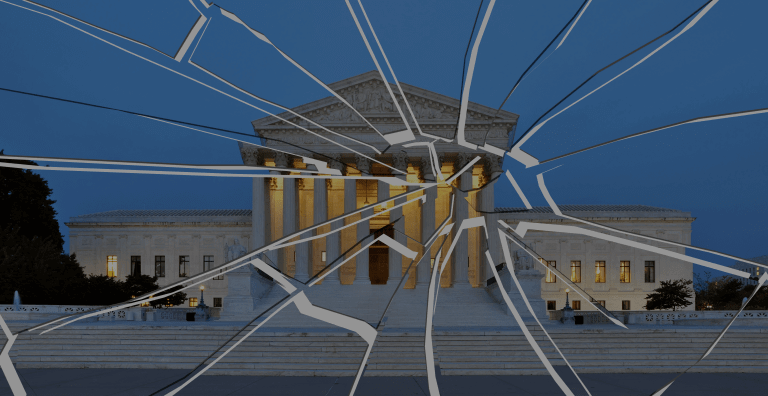Now that Sam Bankman-Fried can cause no further damage for at least the next two decades, or, if you wish, one score plus five, it might be interesting to evaluate his philosophical position. Bankman-Fried had adopted the philosophy of Effective altruism, to be referred to as EA as we carry on. Please do not feel bad if you have never heard of Effective altruism, as it seems to be a mantra of the nouveau riche, and if you were to be a member of the nouveau riche, your advisors would have probably already told you of it. Effective altruism has been embraced by the “early adopters” such as Bankman-Fried and other high-tech billionaires who philosophically love new ideas, especially when said ideas make them wealthy, although I would wager they haven’t read Descartes or Nietzsche. After all, if you are among the nouveau riche, a new philosophical position is probably warranted, as the older philosophical positions no longer fit in our Digital Age.
Keep ReadingPresidents have ignored rulings by the Supreme Court of the United States for quite some time. In order that you understand the context of events, the following paragraphs offer some perspective. The Supreme Court of the United States, in 1832, decided the case Worcester v. Georgia (31 U.S. 515). The question before the court was: Does the state of Georgia have the authority to regulate the intercourse between citizens of its state and members of the Cherokee Nation?
The answer was: No.
“In an opinion delivered by Chief Justice John Marshall, the Court held that the Georgia act, under which Worcester was prosecuted, violated the Constitution, treaties, and laws of the United States. Noting that the “treaties and laws of the United States contemplate the Indian territory as completely separated from that of the states; and provide that all intercourse with them shall be carried on exclusively by the government of the union,” Chief Justice Marshall argued, “The Cherokee nation, then, is a distinct community occupying its own territory in which the laws of Georgia can have no force. The whole intercourse between the United States and this nation, is, by our constitution and laws, vested in the government of the United States.” The Georgia act thus interfered with the federal government’s authority and was unconstitutional.
Keep ReadingDRAX, Cali Big Tree Annihilators
DRAX United Kingdom,
Subsidised Mother Earth destroyer,
Complicit bedpartner
Golden State Natural Resources,
Marvellous Californian old-growth
Into one million wood pellet tonnes,
Annual billowing furnaces.



